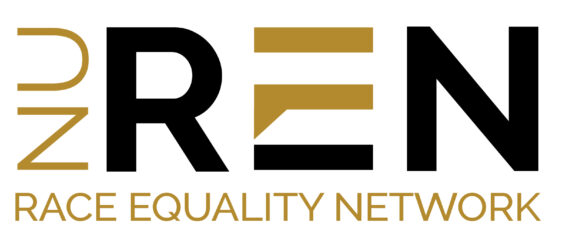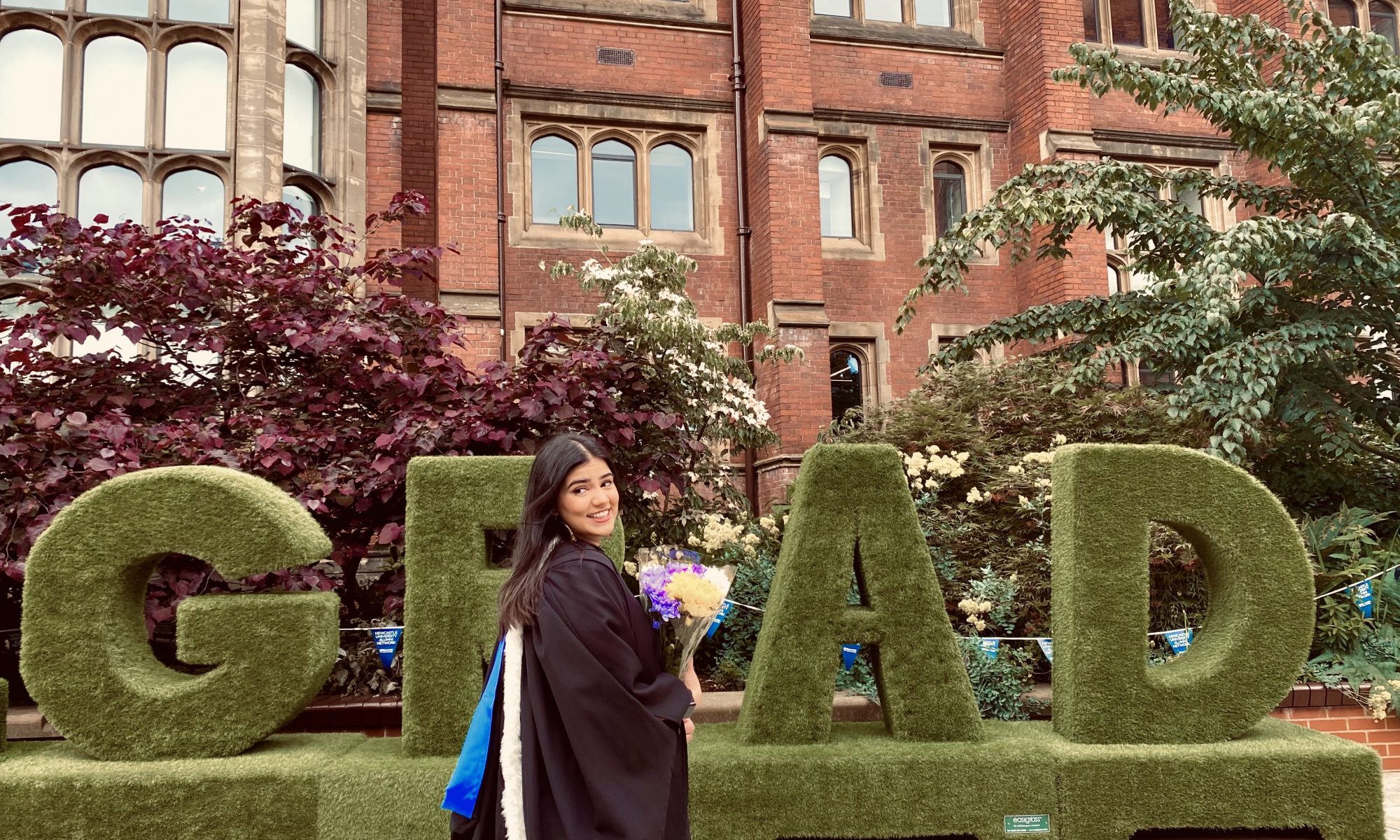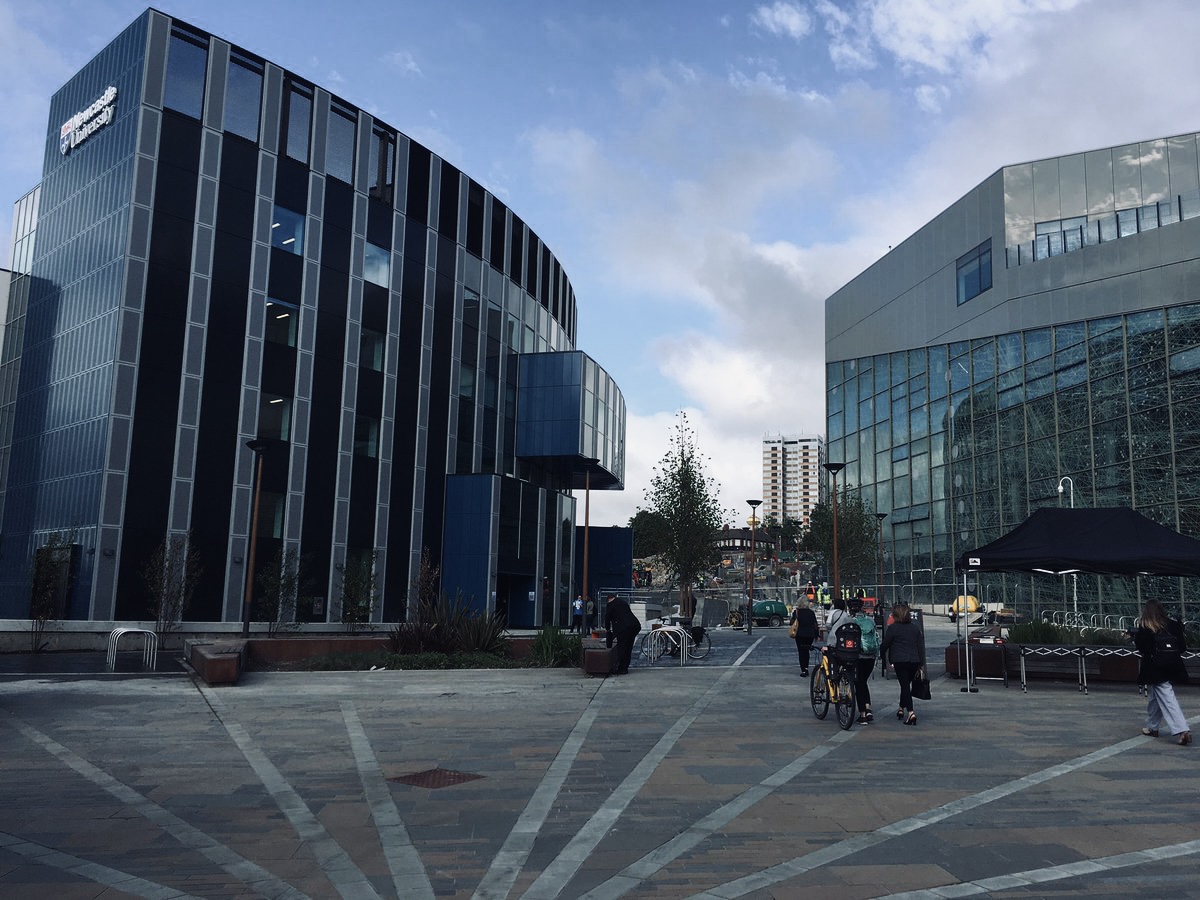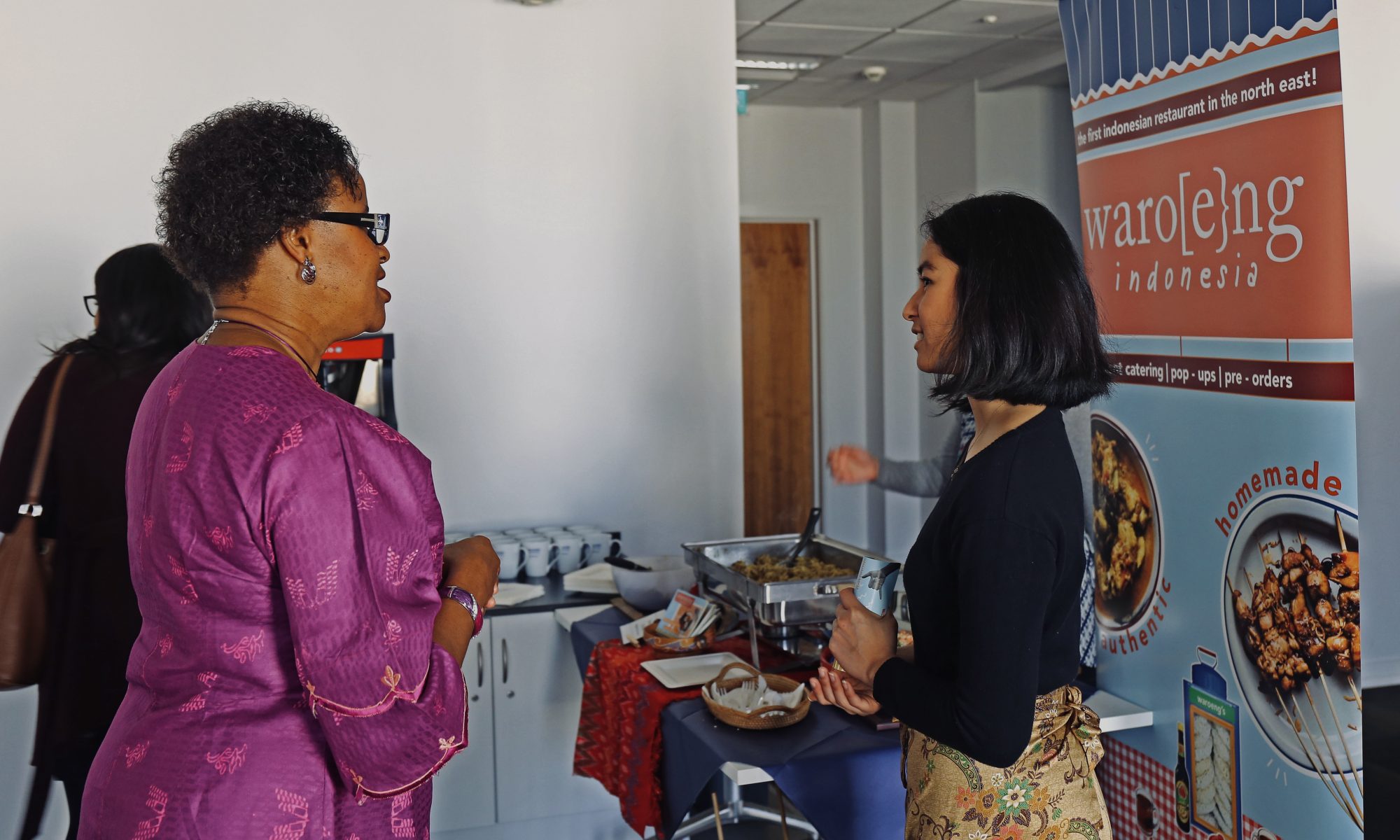Seeing the advert for an internship under Newcastle University’s Careers pages was how I came to know about NU-REN. It was news to me that such a network even existed and given my interest in the issues of racial equality, I had to apply for the position.
After being successful for the role, I- Avneet– became NU-REN’s inaugural intern and this was quite exciting ! From the interview to attending the first NU-REN committee meeting, seeing so many faces from so many different backgrounds was a first for me. During my time at Newcastle University, I have been in rooms and zoom-calls with a predominantly White cohort- whether it be my lecturers or my peers. However, working for NU-REN made me realise that there are actually racially minoritised individuals working for Newcastle University and it was even more comforting to know that these individuals had a network where they felt supported and connected.
During my time as an intern, I have been met with extremely warm and welcoming individuals. Every member ensured that I was consistently supported in my role and I knew I could reach out to anyone for help without hesitation. The network offers a safe space for individuals from minoritised backgrounds to share their experiences whilst sharing with them an immense bank of resources that enlightens them. From the weekly bulletins to the lively twitter feeds, the network is committed to ensure that its members have a productive environment in which they can truly thrive. I am so honoured to have been a part of this network and it actually saddens me that my time with the network is temporary.
If I do return to Newcastle University as a PGR student or a staff member, I will definitely seek to join the network as a member because of the wonderful time I have had here as an intern!











